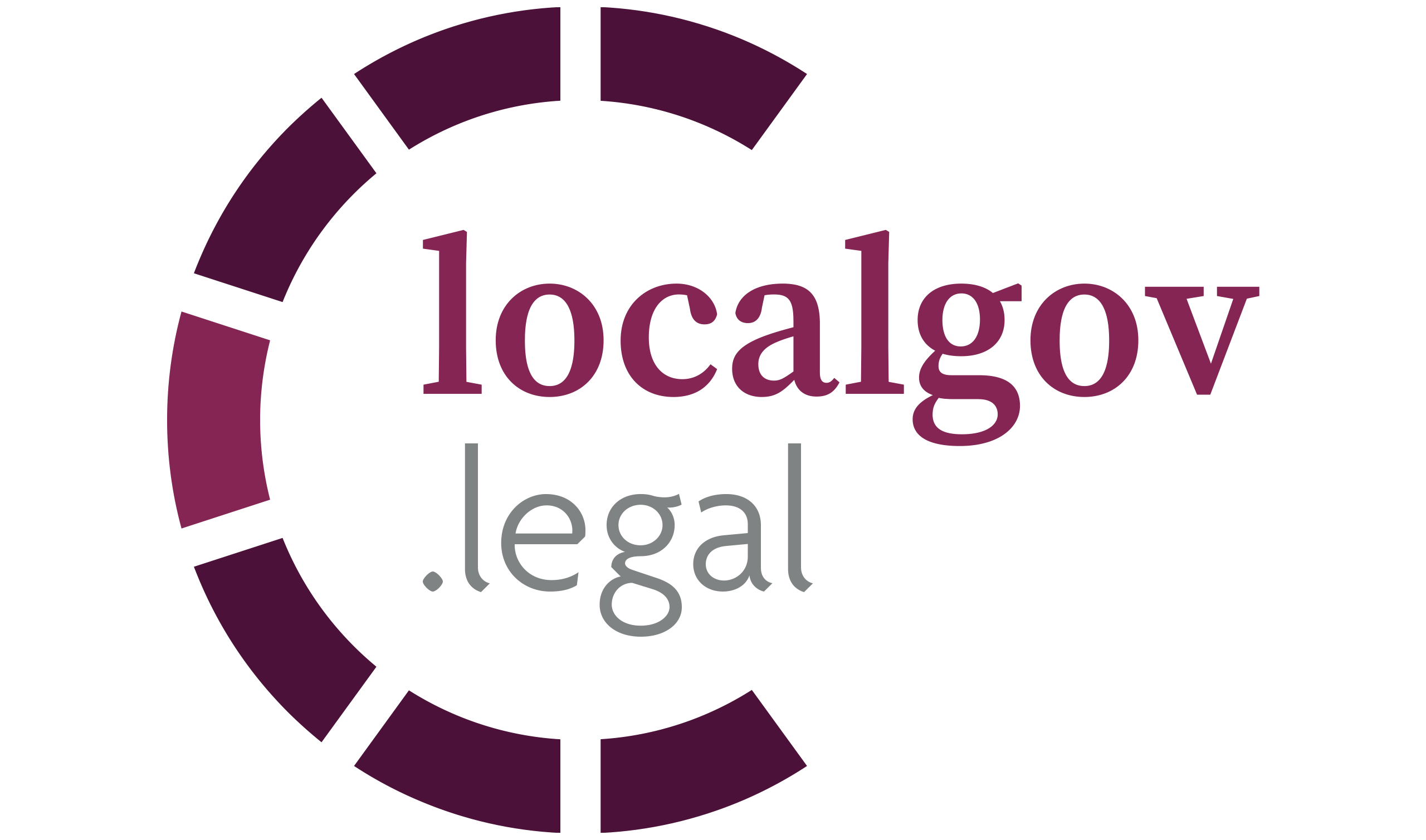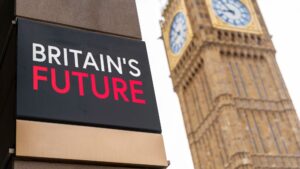More community action take place in Bristol than perhaps anywhere in the UK. Bristolians speak of a sense of agency that allows them to make things happen. From night walks led by teenagers to a community zone on a 1970s roundabout, here’s ten of the city’s best ideas for change:
1. Knowle West Media Centre and Bristol Maker Lab: Putting arts at the heart of community renewal
Housed in a straw-bale building co-designed by local young people in one of Bristol’s most deprived areas, the Knowle West Media Centre uses art and culture to develop its local community. Its activities include night walks through the city led by teenagers, and Girls Making History, to encourage young women into the technology industry. Through its Bristol Maker Lab, it set up a Pop-up Furniture Factory which trained local people in digital manufacturing whilst delivering a commercial furniture contract, and which has now become an enterprise in its own right.
2. Co-exist Hamilton House: A community platform for sustainable living
After many years as a vacant office block the enlightened owners of Hamilton House, in the Stokes Croft area of Bristol, decided to use their building to do something different. They gathered together some friends who came up with the vision for a different kind of community centre. Co-exist offers a platform for the community to create and learn together. It houses tenants from artists to bicycle repairers, has a community kitchen, dance studios and a wellness centre.
3. North Bristol NHS Trust: Sourcing its food supplies locally and sustainably
North Bristol NHS Trust is the only trust in the UK to have been awarded the Silver ‘Food for Life’ catering mark accreditation from the Soil Association. The trust prepares all of its meals on site and sources food for its menus locally from high quality suppliers. Bread and cakes come from a local bakery in Somerset and its mince beef is 100% organic.
http://www.nbt.nhs.uk/patients-carers/coming-hospital/food
The Stokes Croft museum4. People’s Republic of Stokes Croft: ‘Things seem to work much better when they leave us alone.’
The PRSC has reclaimed public space with outdoor galleries and designated the area a ‘cultural quarter’. It funds itself through the sale of china mugs and – occasionally – ‘fancy bogs‘ and its headquarters house artists and musicians and a co-operative local newspaper the Bristol Cable. It is currently turning itself into a community land trust and fighting the corporate takeover of local buildings.
5. Boost Neighbourhood Finance: Integrating community level finance
A collaboration between a range of local partners including Barton Hill Settlement, the Bristol Credit Union and organisations offering financial and start-up advice, Boost is an attempt to join up the dots in local finance provision. It works closely with people to create a personal step-to- step plan around tackling debt or setting up in business.
https://www.swigfinance.co.uk/boost-neighbourhood-finance-bristol-launch/
A ‘bear’ in Bristol’s Bearpit community action zone6. Bearpit Community Action Zone: From eyesore to community space
Bristol’s first community action zone is located in the pedestrian access area of a 1970s city centre roundabout. A community interest company, the Bearpit Improvement Group, has worked with locals to turn the unloved space into a public area for events and food. A Bristol double decker bus was craned into the space last year and is now a burritos café called Bearritos. A people’s garden has been created and market stalls and art workshops have taken place.
7. Make Sunday Special: Creating space for fun and community
Introduced by the mayor George Ferguson, Make Sunday Special is a programme of events across the city on Sundays during the summer months. Streets are cordoned off to traffic to allow events from street parties to BMX-biking and dancing to take place. Last year one of the city’s streets was taken over by a water slide for the day.
http://www.bristol.gov.uk/page/leisure-and-culture/make-sunday-special
8. Hartcliffe and Withywood Ventures: Tackling long-term unemployment in deprived areas
Set up in the 1980s to tackle unemployment in some of the most deprived wards of Bristol, HWV now owns and manages the Gatehouse Centre, from which it runs a training and skills programme. Over the years it has worked closely with employers coming into the local area including with Morrisons in Hartcliffe to help ensure that newly created jobs were made available to local people.
9. Real Economy: Creating neighbourhood food buying groups across the city
A Bristol Pound initiative, the Real Economy is bringing people together in their neighbourhoods to buy their food directly from local producers. Groups are now active in a number of areas including Avonmouth and Bedminster and the initiative is also hoping to stimulate the creation of new local enterprises to build the market.
10. Hanham Hall: England’s first large-scale zero carbon development: With a total of 187 new homes on a former hospital site on the outskirts of Bristol, Hanham Hall has been called the UK’s first eco-village. The homes are super-insulated and were built using energy efficient materials and the development includes wildlife meadows, allotments and a community centre.

















Leave a Reply